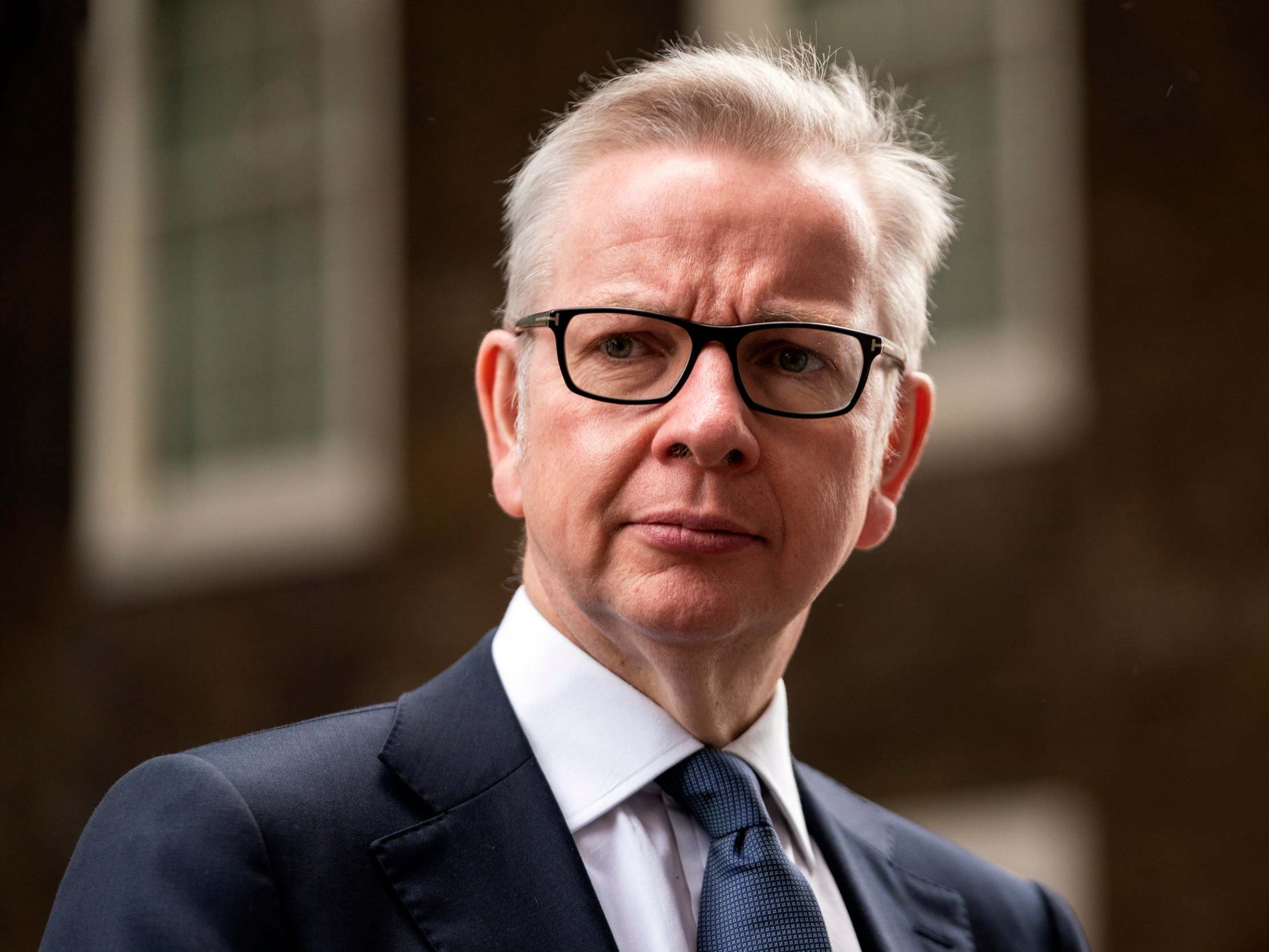The confusion over lockdown policy will not help the return to work
Editorial: The use of face masks in public is the latest issue to be subject to mixed messages from ministers. Clarity is important

The UK, like all other societies that have been savaged by the coronavirus pandemic, has to get back to work. We have to get back to the shops. We have to take public transport. We have to see our friends and families. We have to rebuild our lives.
But people cannot do that until they feel it is safe to do so. That would obviously be stupid and irresponsible on a personal level, but it would also be irresponsible at a national level. Infection levels from Covid-19 have fallen and there is some sort of economic recovery in place. But infections could rise, as they have in some other parts of the world where it seemed that virus had been suppressed, and the recovery could easily be destroyed by a premature reopening.
So when the country is told to go back to the office by Michael Gove, the prime minister’s close colleague, a certain reluctance is in order. Speaking on television on Sunday he urged common sense in such matters as wearing face masks while shopping, after Boris Johnson had indicated on Friday he was considering making masks compulsory in shops and other enclosed spaces. Confusion over such issues is unhelpful and it is not the first time the government has faced such an issue.
UK residents have actually shown considerable common sense, and that has helped contain the virus. For example, it seems that people started to distance themselves from each other before the government formally introduced the two-metre social distancing rule. Mr Gove is right to suggest that wearing face masks in shops was a common courtesy.
The evidence about the effectiveness of masks may be unclear, but at the margin they must be of some help in reducing the dangers of transmission. It would be helpful if other ministers followed that guidance when they themselves were in public places.
No amount of government urging, however, will get people back into offices if neither they nor their employers want them to be there. It is far too soon to know to what extent the old office routine will survive but it would be astounding if everything returned to pre-Covid practice. Technology will to some extent replace commuting. We just don’t know to what extent that will be. You can understand why the government would wish and hope that people will go back to city-centre offices. There are a lot of businesses, and people who work for those businesses, who would very much wish the same. Some of the coffee bars, restaurants and pubs in central business districts will probably never reopen. The danger, if city centres remain ghost towns, is that hardly any of them will.
But you cannot force people to work in a particular way if the will isn’t there. There lies the challenge that just about every business in the land has to face. To what extent will the new normal be different from the old normal? And in what ways can we all learn to do things more efficiently and more effectively?
In five years’ time we may look back on this sad episode and see many ways in which it forced us to consider how our economies can be made to work better for all. Finding those ways would be much easier if the government did not give confused and confusing messages in this crucial phase of easing the lockdown.
Join our commenting forum
Join thought-provoking conversations, follow other Independent readers and see their replies
Comments